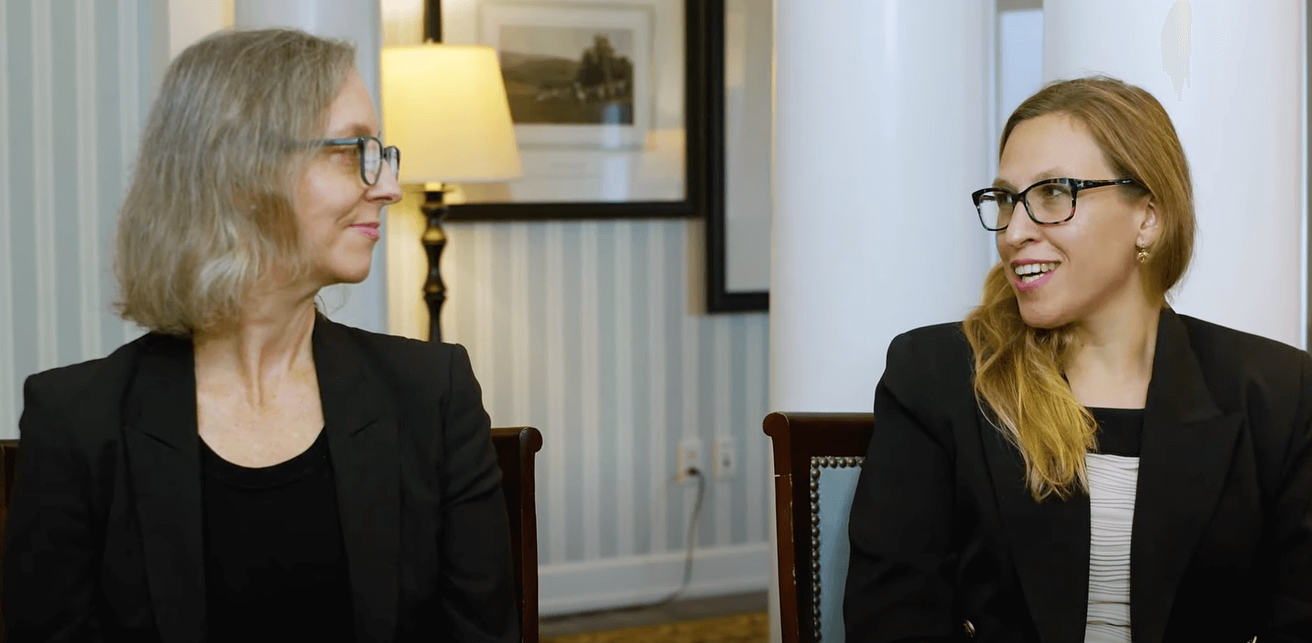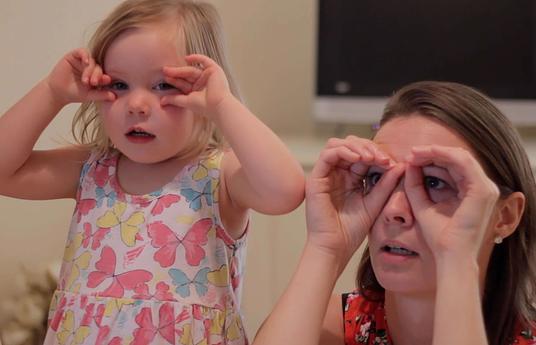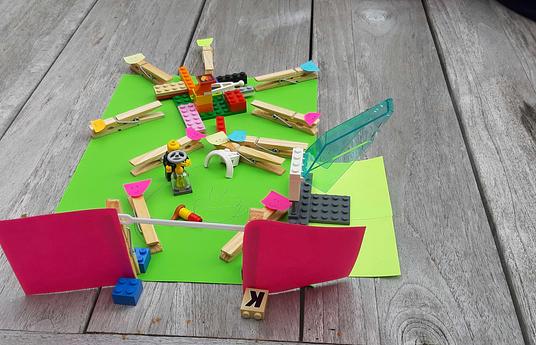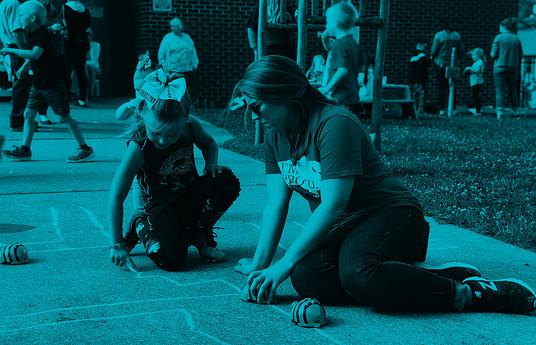Parental engagement is proven to improve students’ learning outcomes, sometimes as much as ten-fold. But what is it, and how can we put the theory into practice? In our HundrED Innovation Summit conversation about parental engagement HundrED's Head of Research Crystal Green, Gregg Behr Grable Foundation’s Executive Director, and Rebecca Winthrop, senior fellow and co-director of the Center for Universal Education at the Brookings Institution sat down to talk about the impact of parental engagement. Here are four highlights of the conversation.
Watch the full conversation here
1. Family engagement gives a full picture to learning
Gregg: “It's not just what schools can do for families. It's what families can do for schools”
Rebecca: “Parental engagement is more than your average parent-teacher meeting once a semester. At best, parental engagement is an ongoing deep collaboration between parents, caregivers and teachers to understand how the child is learning and developing so that they are able to address challenges in real-time also. Parents know how their child is doing, are they happy or sad, and teachers have great professional insight into how kids are learning in school. Together that presents the full picture, so the more the families and schools can work together the better kids are off.”
2. Parental engagement is learning with your ears
Rebecca: “For teachers, schools parental involvement is leading with your mouth and talking, engagement with ears and listening. As a parent, you can be involved when the school sends out communication about what their plans are for the month where they invite you to attend a big assembly - that is important and needs to happen, but that is where engagement often stops. In true engagement schools and educators sit down with a parent and they talk collectively as a community or one-on-one, what does quality education look like, what are the things often very busy parents want to be involved in, and what are things parents want and can do? It could be weaving different cultural backgrounds into lesson plans? Or to ask families to think together what student health would look like.”
3. Dialogue helps to ditch assumptions and understand what both school and family value
Crystal: “We need to make space for conversations about what quality education looks like for each child. Sometimes both teachers and parents think that the other one just wants the academic rigour but the research findings say that’s not the case.”
Rebecca: “In our research with 25,000 parents and 6,000 teachers from 10 countries we found out that parents and teachers didn’t always have the same vision of what they thought was a great quality school. For example, in Southwestern Pennsylvania, in the US, teachers were much more likely to emphasize social-emotional learning, but parents were much more focused either on rigorous academic training and preparation for post-secondary or citizenship skills.”
4. The solutions are already out there!
Crystal: “There can’t be enough emphasis on the importance of dialogue and the power of bringing all stakeholders together as equals. It’s about knowing one another, not just kids, but their parents and communities too. There are plenty of innovators, examples, systems and infrastructures in place to make space for those important conversations, 12 most impactful of them featured in our new Spotlight Report on Parental Engagement.”
Rebecca: “Schools were never designed to engage parents and teachers in the learning process. We have to help teachers to find ways to do that. Family-school engagement can be incredibly powerful as it creates relationships where people have faith that they are looking out for each other. Our research showed that schools that have strong relational trust are 10 times more likely to have really good educational outcomes. It’s an incredibly powerful tool to help children learn.”
Download the new Spotlight report on Parental Engagement here and read more about the 12 innovators with practical tools to increase parental engagement. The Spotlight is produced in partnership with Parents as Allies network — the Center for Universal Education at the Brookings Institution, the Teachers Guild x School Retool team at the groundbreaking design firm IDEO, the Pittsburgh-based, family-focused media outlet Kidsburgh, and HundrED.




